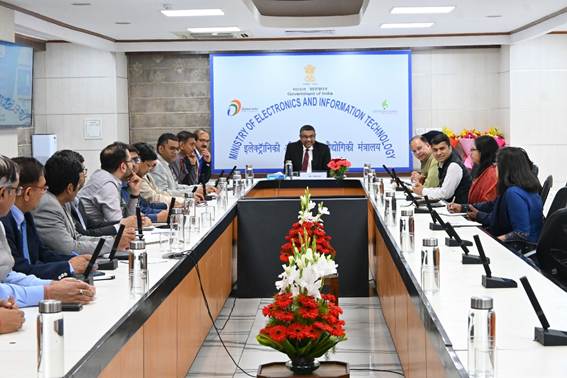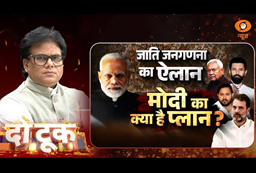The Department of Consumer Affairs, has announced a significant move toward achieving precision and uniformity in timekeeping across the country. The Draft Legal Metrology (Indian Standard Time) Rules, 2025, published for public consultation on January 15, are aimed at standardizing and mandating the use of Indian Standard Time (IST) across all sectors in India. This initiative is being developed in collaboration with the National Physical Laboratory (NPL) and the Indian Space Research Organisation (ISRO), with the goal of disseminating IST with millisecond to microsecond accuracy.
The new rules are expected to transform several critical sectors such as telecommunications, navigation, power grid synchronization, banking, and digital governance, where precision timing is essential. Additionally, the project is anticipated to significantly impact scientific research, including deep space navigation and gravitational wave detection. Despite its importance, the adoption of IST has not been mandatory for all Telecom Service Providers (TSPs) and Internet Service Providers (ISPs), many of whom rely on foreign time sources, such as GPS, for synchronization. The new rules aim to close this gap by ensuring the widespread adoption of IST, thus facilitating seamless operation of critical infrastructure nationwide.
The Legal Metrology (Indian Standard Time) Rules, 2025 will establish a robust regulatory framework for the adoption of IST, encompassing synchronization, time-stamping, and cybersecurity protocols. The rules will require all government offices, public institutions, and private sector entities to synchronize their operations with IST, utilizing established protocols such as Network Time Protocol (NTP) and Precision Time Protocol (PTP). The rules also provide exceptions for scientific, astronomical, and navigational purposes, but these will require prior government approval. Penalties will be imposed for violations, and regular audits will be conducted to ensure compliance.
A high-level inter-ministerial committee, consisting of representatives from NPL, ISRO, IIT Kanpur, NIC, CERT-In, and various government departments including Railways, Telecom, and Financial Services, was tasked with drafting these rules. The committee has worked diligently to create a comprehensive policy framework, ensuring that all sectors adopt IST for the sake of uniformity and accuracy.
The proposed rules are expected to offer numerous benefits to the nation, including enhanced precision and uniformity in time synchronization across various sectors like banking, telecommunications, transportation, and manufacturing. This will lead to improved operational efficiency, better technological integration, and enhanced global competitiveness.
Additionally, the adoption of IST will strengthen national security by improving the synchronization of critical infrastructure and supporting real-time applications across sectors. In the realm of digital governance, these rules will facilitate the reliable synchronization of digital devices, navigation systems, and public services. They will also play an important role in ensuring accurate financial transactions and consistency in record-keeping and documentation.
With the new rules, India is poised to benefit from greater precision in critical sectors such as navigation, telecommunications, internet services, banking, power grid synchronization, 5G technologies, artificial intelligence, and IoT. The synchronization of digital devices and public services will directly benefit consumers by ensuring more reliable and efficient services.
The draft rules are open for public consultation until February 14, and stakeholders, including industry players, academic experts, and the public, are invited to review the rules and submit their comments. The Department of Consumer Affairs has made the draft rules available on their website, where individuals can provide their feedback.




















